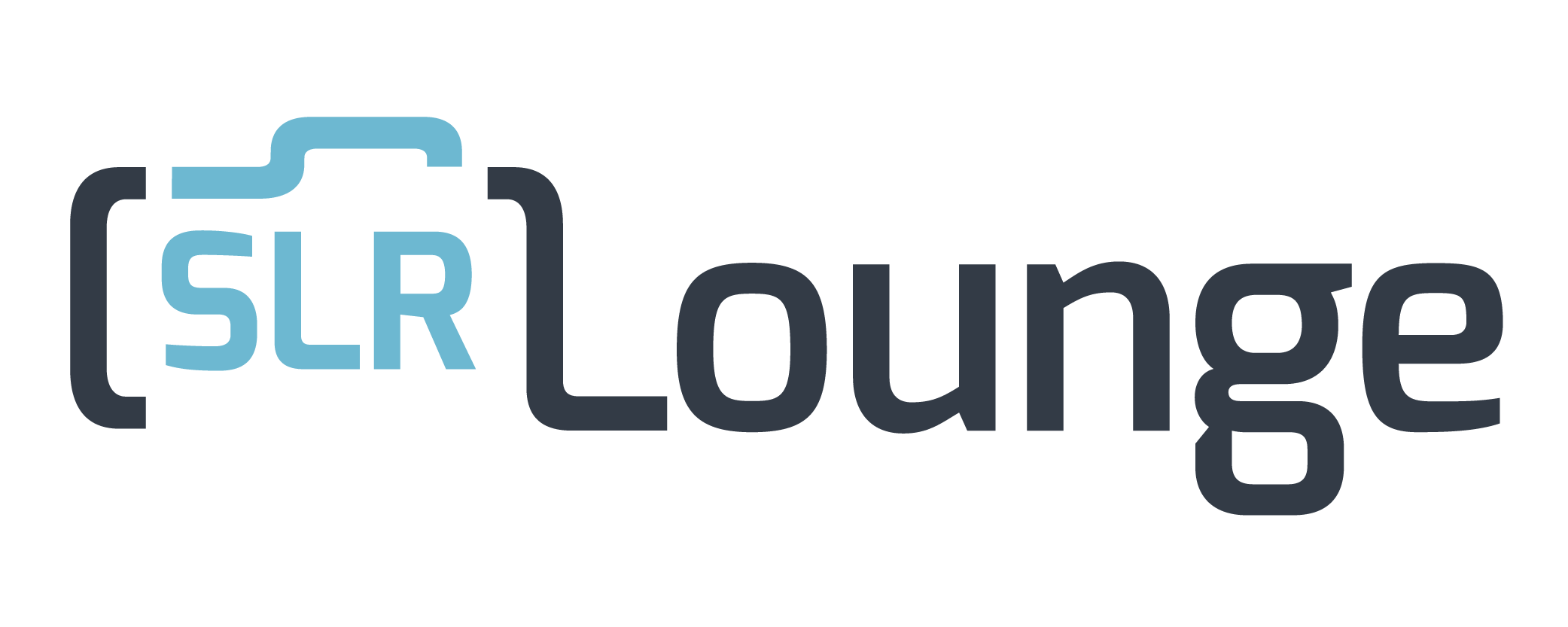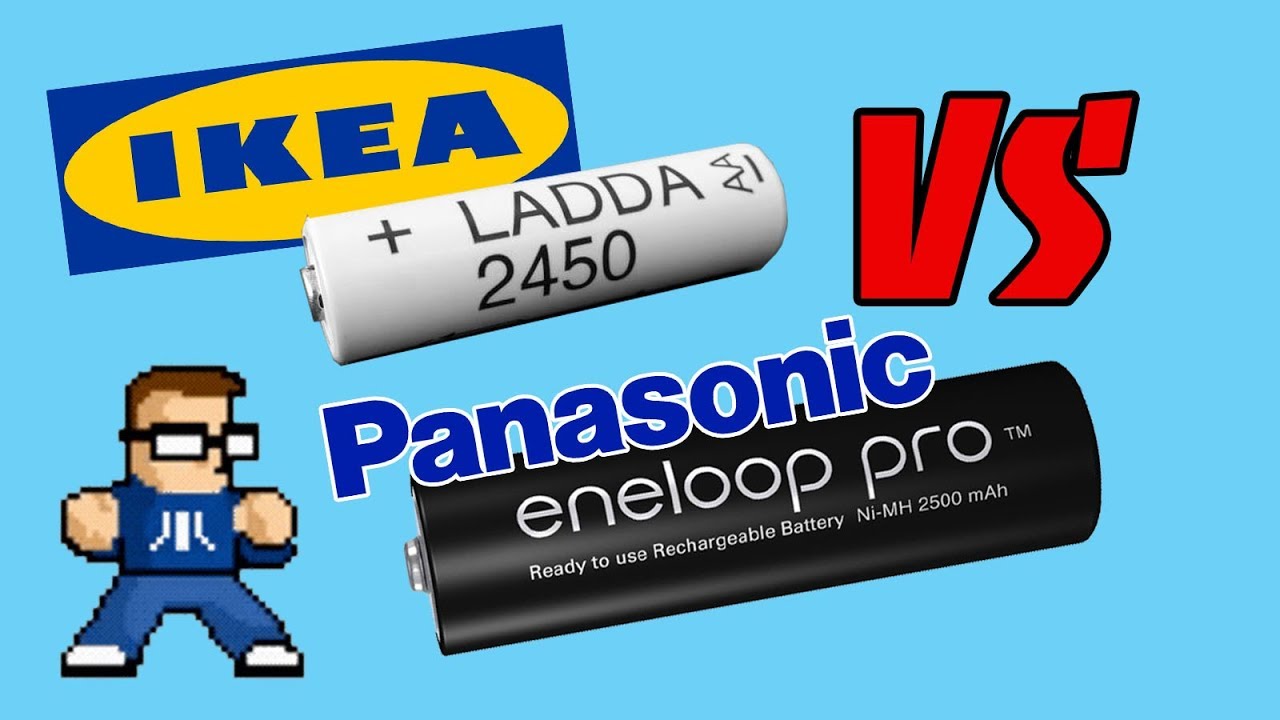When in photography for a short amount of time you will eventually encounter the question “What are the best batteries for flash?” Using rechargeable NiMH batteries in your flash will give you dramatically better performance than shooting with alkaline alternative batteries due to their much lower internal resistance and faster recycle times. Widely regarded as one of the most reliable and high performance, Panasonic’s (formerly Sanyo) Eneloop AA batteries have been the chose among photographers for years.
[REWIND: Powerex Pro AA Batteries Vs. Eneloop | A Practical Review For Photographers]

The cells are rechargeable up to 1,500 times (500 for the Pro variant) over the course of their lifetime, and have a long-store shelf life holding 70 percent of its original capacity over 10 years, but are they the best deal around or is there list price hyperbole?
The self-proclaimed adventurous Geek, Matthew Eargle from Airbornesurfer sets up a series of test to see if Enloops are really superior to other “white label” batteries.
Eneloops have won the loyalty of passionate photographers, but it has come to the attention that the class favorites is very likely packaged under a couple of different brand names; many of which cost significantly less. One of the speculated rebranded batteries are IKEA’s Ladda. The Ladda cells on paper are very similar to Eneloop Pros.
- a capacity of 2450 mAh
- 500 charge cycles
- made in Japan

Why is being made in Japan so significant? The original Eneloop batteries were designed and developed by a battery factory in Takasaki, Japan. That factory and the Eneloop brand were both owned by Sanyo, but in 2009 things changed. Panasonic bought the Eneloop brand, while Fujitsu, as part of its FDK subsidiary, owned the factory and all the IP associated with the manufacture of LSD batteries

In other words, there is only one factory currently in Japan that can make Low Self-Discharge nickel-metal hydride batteries (LSD Ni-MH) and that is FDK. FDK is an OEM manufacturer for other brands, Like Amazon, Fujitsu, Panasonic, and IKEA.
At $6.99 for a pack of 4, the IKEA branded batteries are cheaper than their Panasonic counterparts, that must mean they are not better right? The fact that IKEA has ownership of their own retail locations, zero advertising that is made for the product, and built-in distribution chains already in place all contribute to lower cost of the product.
Since both products are essentially the same, it’s much harder to justify the high cost of Eneloop Pros, when you can get the same for less and easily write on them to boot.













